Few fruits are as refreshing, versatile, and subtly sweet as honeydew melon. Known for its smooth, pale green flesh and mildly sweet flavor, honeydew melon has become a summer staple in American kitchens, fruit salads, and backyard gatherings. Loved for its high water content, natural sweetness, and nutrient density, honeydew melon is not only delicious but also a healthy addition to your diet.
In this comprehensive guide, we’ll explore everything you need to know about honeydew melon — from selecting the perfect fruit at the store to growing it in your own garden, understanding its health benefits, and incorporating it into American recipes and meals.
What Is Honeydew Melon?
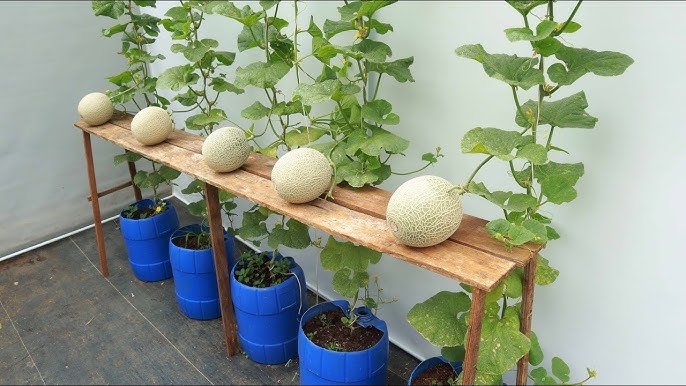
Honeydew melon (Cucumis melo var. inodorus) belongs to the Cucurbitaceae family, which includes cucumbers, cantaloupes, and watermelon. It is characterized by its smooth, pale-yellow to green rind and soft, green, juicy interior. Unlike cantaloupe, honeydew has a milder, subtly sweet flavor, making it ideal for people who prefer less intensely sweet fruits.
Honeydew melons thrive in warm climates and are widely grown in the United States, particularly in California, Texas, and Arizona. Their long shelf life and versatility make them a popular choice for fresh snacking, salads, smoothies, and chilled desserts.
Nutritional Value of Honeydew Melon
Honeydew melon is low in calories but packed with essential vitamins and minerals. One cup (about 177 grams) of diced honeydew contains:
- Calories: 64
- Carbohydrates: 16 grams
- Protein: 1 gram
- Fat: 0.2 grams
- Fiber: 1.4 grams
- Vitamin C: 53% of the Daily Value (DV)
- Vitamin B6: 7% of the DV
- Potassium: 12% of the DV
- Folate: 8% of the DV
Its high water content and nutrient profile make honeydew melon an excellent choice for hydration, digestion, and overall wellness.
Health Benefits of Honeydew Melon
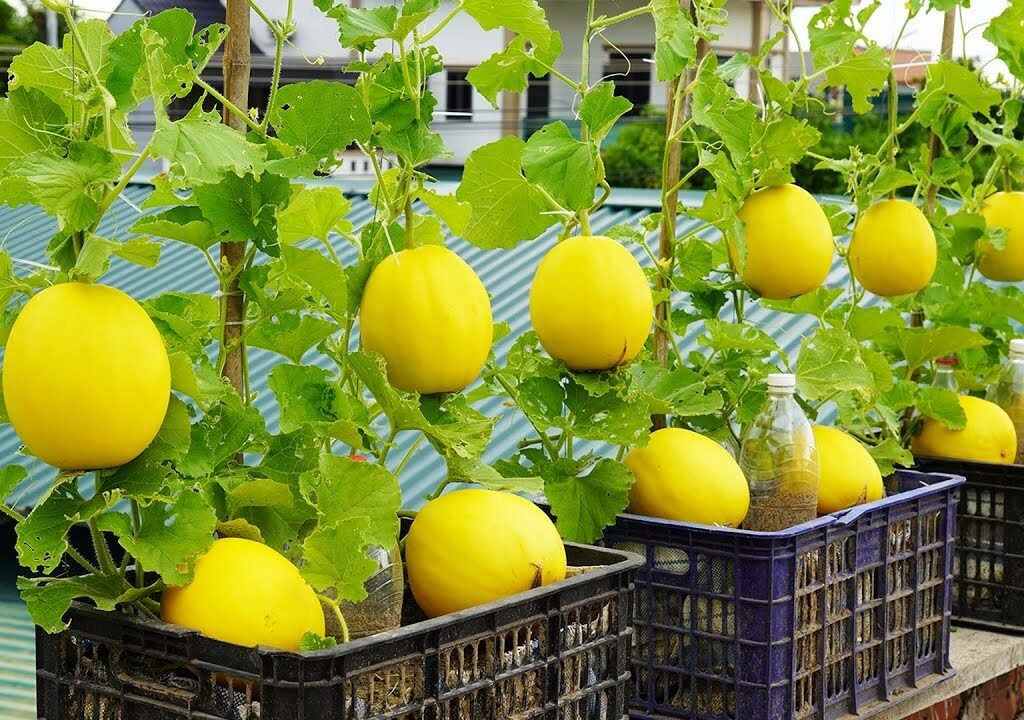
Honeydew melon is more than just a sweet, juicy snack. It provides several health benefits that make it an ideal fruit for Americans seeking both flavor and nutrition:
1. Hydration Boost
With over 90% water content, honeydew melon helps keep you hydrated, especially during hot summer months.
2. Supports Heart Health
Potassium in honeydew melon helps maintain healthy blood pressure levels and supports proper heart function.
3. Enhances Immune Function
High in vitamin C, honeydew melon strengthens the immune system, helping protect against infections and supporting tissue repair.
4. Promotes Healthy Digestion
The fiber content in honeydew aids digestion, prevents constipation, and promotes a healthy gut.
5. Skin and Hair Health
Vitamin C in honeydew is essential for collagen production, contributing to healthy skin and hair.
6. Supports Weight Management
Low in calories and high in water, honeydew melon provides satiety with minimal calorie intake, making it a perfect snack for those watching their weight.
7. Bone and Eye Health
Honeydew contains potassium and vitamin B6, which support bone density and healthy vision.
Popular Honeydew Melon Varieties in America
Several honeydew varieties are commonly grown and enjoyed across the United States:
1. Green Honeydew
- The classic honeydew melon with pale green flesh.
- Sweet, juicy, and ideal for fresh consumption and fruit salads.
2. Orange-Fleshed Honeydew
- Sweet, aromatic fruit with orange flesh similar to cantaloupe.
- Adds a vibrant color to salads and desserts.
3. Snowball Honeydew
- Smooth-skinned, slightly smaller fruit.
- Sweet and ideal for chilled summer treats.
4. Honey Brew
- High sugar content, exceptionally sweet and juicy.
- Perfect for eating fresh or in smoothies.
How to Grow Honeydew Melon in the U.S.

Honeydew melon thrives in warm, sunny conditions, making it perfect for American gardeners in temperate to hot climates. Here’s a guide to growing honeydew melons at home:
1. Climate and Soil Requirements
- Prefers full sun and temperatures between 70–85°F.
- Requires well-draining, fertile soil rich in organic matter.
- Ideal soil pH: 6.0–6.8.
2. Planting
- Start seeds indoors 3–4 weeks before the last frost or sow directly outdoors once the soil is warm.
- Space plants 24–36 inches apart to accommodate sprawling vines.
- Mounding soil or planting on hills improves drainage and warmth.
3. Watering
- Keep soil evenly moist during flowering and fruit development.
- Reduce watering slightly as fruits mature to concentrate natural sugars.
4. Fertilizing
- Use a balanced fertilizer at planting and during fruit set.
- Avoid excessive nitrogen to prevent leafy growth over fruit production.
5. Pollination
- Bees and other pollinators are essential for fruit development.
- Hand-pollination may be required in areas with few pollinators.
6. Harvesting
- Honeydew is ready to harvest when the skin turns pale yellow and feels slightly waxy.
- Ripe fruits have a sweet aroma and slightly soft blossom end.
- Avoid picking fruits too early, as they do not continue to ripen off the vine.
How to Select and Store Honeydew Melon
Choosing the Perfect Honeydew
- Look for smooth, pale yellow or cream-colored rind.
- Check for slight softness at the blossom end, indicating ripeness.
- Avoid green or overly firm melons, which may not be fully ripe.
Storage Tips
- Whole honeydew: Store at room temperature until fully ripe.
- Refrigeration: Keep whole or cut fruit in the fridge for up to 5–7 days.
- Freezing: Peel, cube, and freeze for smoothies, sorbets, or chilled desserts.
Delicious Honeydew Melon Recipes for American Kitchens
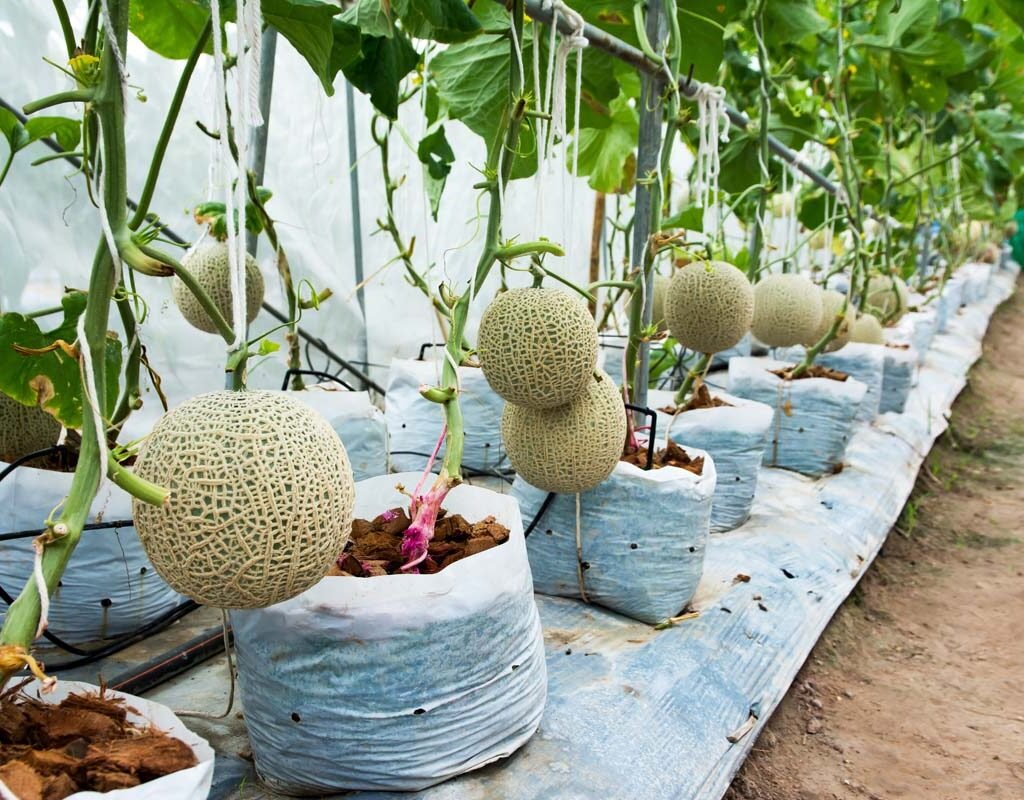
1. Honeydew Fruit Salad
- Combine honeydew, cantaloupe, pineapple, and fresh mint.
- Serve chilled for a refreshing summer snack.
2. Honeydew Smoothie
- Blend honeydew with yogurt, ice, and a touch of honey.
- Add cucumber for extra hydration and flavor.
3. Honeydew Gazpacho
- Puree honeydew with cucumber, lime juice, and mint for a chilled soup.
- Perfect for hot summer days.
4. Honeydew Sorbet
- Blend honeydew with a little sugar and lemon juice.
- Freeze in ice cube trays or an ice cream maker for a refreshing dessert.
5. Honeydew Salsa
- Dice honeydew and mix with jalapeño, red onion, cilantro, and lime juice.
- Serve with grilled fish, shrimp, or chicken for a sweet and spicy twist.
Fun Facts About Honeydew Melon
- Honeydew melon is native to West Africa, but has become a popular fruit in American kitchens.
- The fruit was first introduced to the U.S. in the late 1800s and has since become a summer favorite.
- Honeydew melons are over 90% water, making them an excellent hydrating snack.
- Honeydew pairs well with prosciutto, feta cheese, mint, and lime, offering both sweet and savory culinary options.
- The vine can spread significantly, so gardeners often provide trellises or adequate spacing for optimal growth.
Honeydew Melon vs. Other Melons
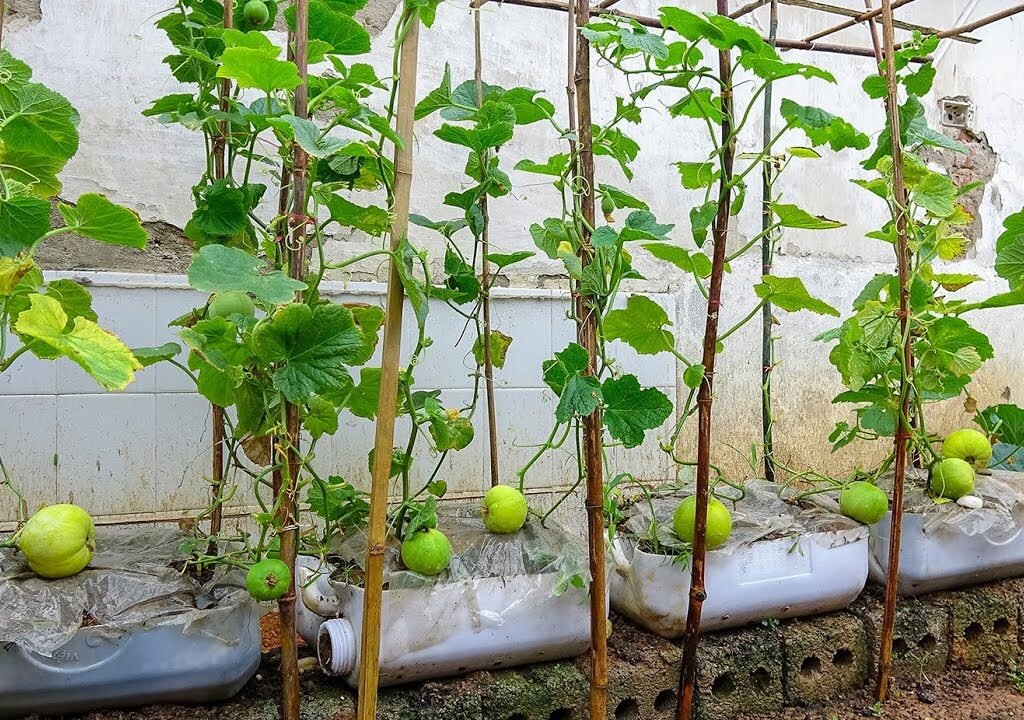
| Fruit | Calories per 100g | Key Nutrient | Flavor | Best Use |
|---|---|---|---|---|
| Honeydew | 36 | Vitamin C & Potassium | Mild, sweet | Salads, smoothies, desserts |
| Cantaloupe | 34 | Vitamin A & C | Sweet, aromatic | Fruit bowls, smoothies, desserts |
| Watermelon | 30 | Lycopene & Vitamin C | Juicy, refreshing | Slicing, drinks, grilling |
Honeydew’s subtle sweetness and hydrating qualities make it ideal for Americans looking for a refreshing, low-calorie fruit option during summer.
Conclusion: Why Honeydew Melon Is America’s Summer Delight
Honeydew melon is more than just a fruit — it’s a hydrating, nutrient-rich, versatile, and delicious summer superfood. Its benefits include:
- Hydration: Over 90% water keeps you refreshed and energized.
- Nutrition: High in vitamin C, potassium, and antioxidants.
- Culinary versatility: Ideal for fruit salads, smoothies, chilled soups, and desserts.
- Gardening appeal: Thrives in warm climates with high yield potential.
From farmers’ markets to backyard gardens and American kitchens, honeydew melon is a must-have summer staple. Its subtle sweetness, refreshing juiciness, and numerous health benefits make it a favorite fruit for families, health enthusiasts, and home cooks across the United States. Whether eaten fresh, blended into smoothies, or turned into a chilled dessert, honeydew melon proves that simple, naturally sweet fruits can bring maximum enjoyment and nutrition to any American summer.
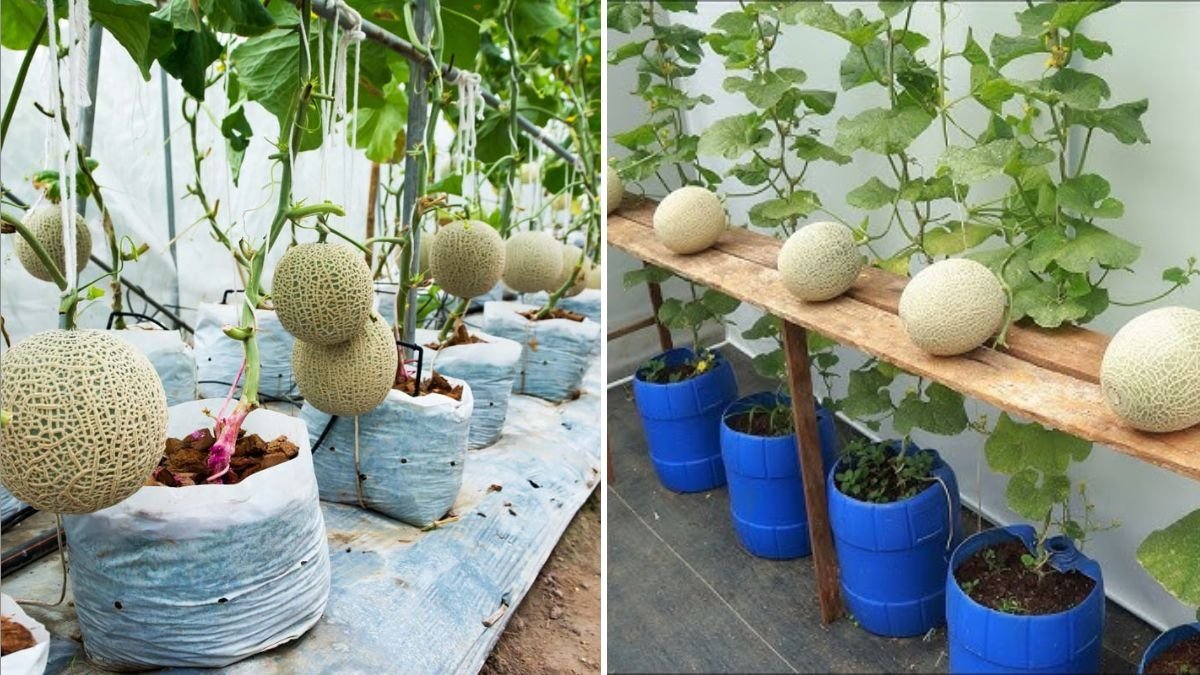





Leave A Comment